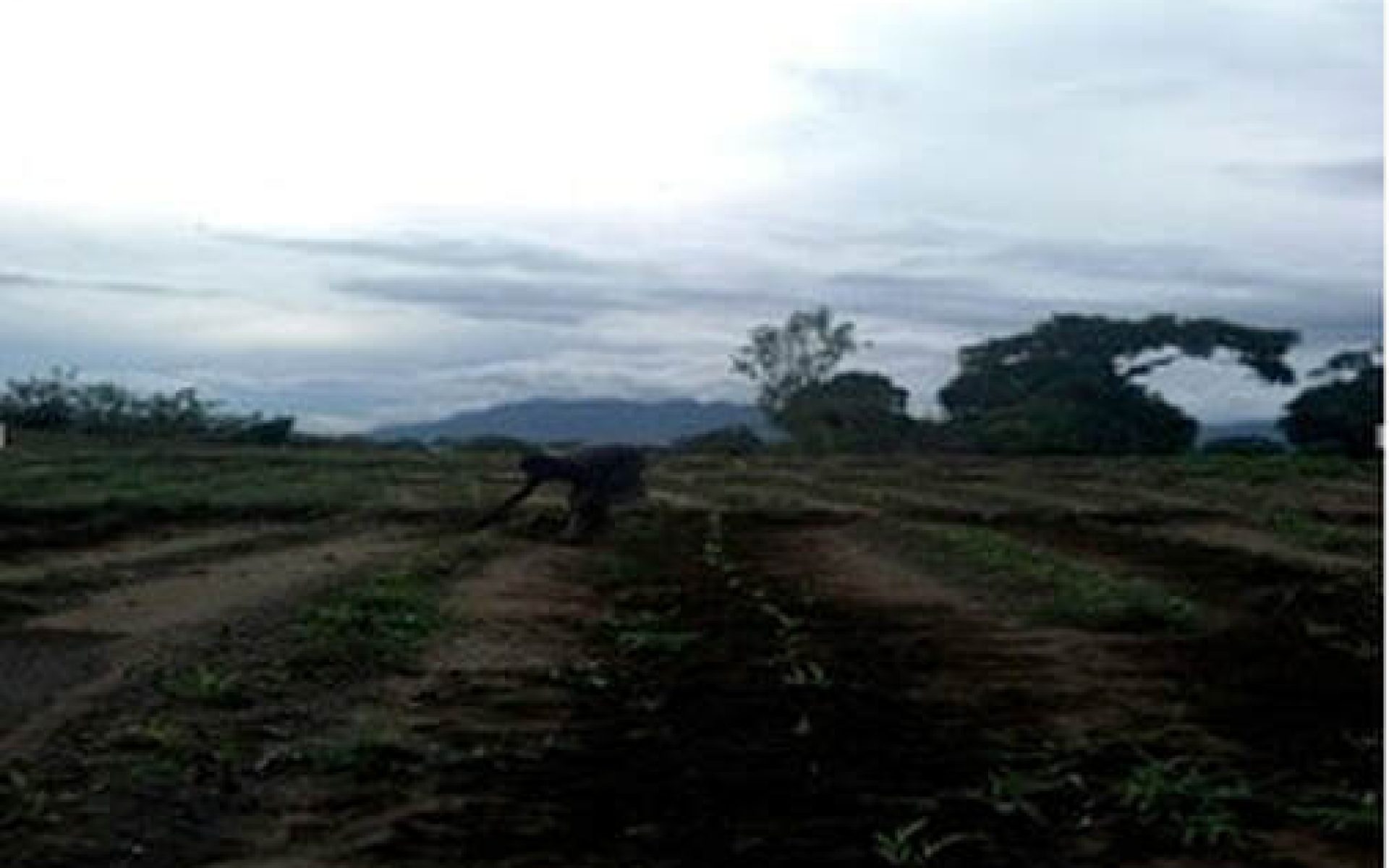Written by CorpsAfrica/Malawi Volunteer Ms. Rhoda Sheena Gangire
The Yao in the Zomba district have some interesting attributes which make their culture unique. Some of these attributes are attached to their cultural beliefs while some have been adopted depending on different situations encountered.
Among the Yao tribe, land is mostly owned by women than men, this is because they believe that it is women who suffer the most when their husband dies but when they have their own piece of land for farming they can provide for the families even when they are widowed. Women are not encouraged to marry men from far places as this would make them abandon their land for farming. Men on the other hand, work hard in school and businesses to provide for themselves and they have the freedom to marry from any village of their choice, and the land which belongs to the woman is used for farming by the whole family.
Farming for Business
When it comes to farming there is diversification of crops grown and some of the crops grown are maize, rice, groundnuts, millet, sorghum and cassava. 80% of these crops grown are sold at the nearby trading center which is along the main road. And some even travel to big cities like Lilongwe to sell rice. Groundnuts and cassava are mostly sold at the trading center and sometimes selling is done in their homes when approached by vendors.
Children’s Piece works
It is a common tradition among the Yao that during farming, children are given an opportunity to make money. Children mostly gather themselves to do piece works in fields in order to make money. The money is used to buy clothes, school materials and during the festive season to buy food and enjoy themselves. The piece works are only done when schools are closed and during the festive seasons. Both girls and boys from ages of 12 below take part in doing piece works. Most families and individuals in the community love hiring these children as they make farm work done in a short amount of time due to their hard working and collaborative spirit. If only parents could properly manage thier finances after selling they can have enough money to provide for their children’s needs and children will no longer have to do piece works.
Mango Trees
Every household has at least 5 mango trees around their homes. When mangoes ripen they are used sold at the nearby trading center during market days. A day before the market day the mangoes are plucked, washed and packed properly in bags or basins and they leave at 2 am on an oxcart the following day which is the market day.
The Yao way of doing is passed on to their children so they never forget who they are. Migration of people with other cultures into their community doesn’t threaten them as they teach their children well.

